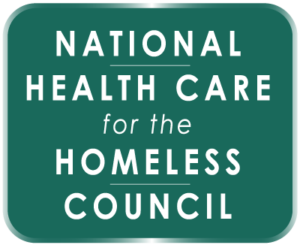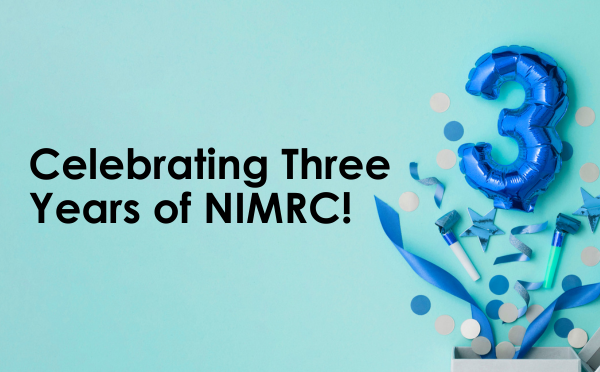The National Institute of Medical Respite Care launched on July 15, 2020, as a special initiative of the National Health Care for the Homeless Council.
Established to advance best practices, deliver expert consulting services, and disseminate state-of-field knowledge in medical respite care, NIMRC has in three years regranted $6.5 million to 54 unique medical respite programs in the United States. The NIMRC team has also handled 153 requests for consultation or technical access from medical respite programs across the country.
Over the next couple of weeks, we’ll celebrate NIMRC’s third birthday by getting to know the NIMRC team a little better, taking a look at how medical respite programs in the U.S. have changed over the past three years, and looking forward to the future of medical respite care.
Be sure to follow us on social media to stay on top of the latest NIMRC news!
What Is Medical Respite Care?
Medical respite care (MRC), also referred to as recuperative care, is acute and post-acute care for people experiencing homelessness who are too ill or frail to recover from an illness or injury on the streets or in a shelter, but who do not need to be in the hospital. MRC programs offer short-term residential care that allows individuals experiencing homelessness the opportunity to rest, recover, and heal in a safe environment while accessing medical care and other supportive services.
The field of MRC continues to grow and evolve as communities across the U.S. increasingly recognize the value of this essential service.
Want to learn more about medical respite care programs? Reach out to us for consultation support.


